Ecc. 1:2, 2:21-23; Ps. 90:3-6, 12-14, 17; Col. 3:1-5, 9-11; Lk. 12:13-21
“Vanity of vanities! All things are vanity!” We are reminded that we worry about many things, how to protect all our earthly possessions and treasures, all our “toil and labor”, either for what we have or for what we lack there is “anxiety of heart” and all is vanity. By our baptism we are and continue to be renewed in the image of our creator as “Christ is all and in all”. All else is vanity. “If today you hear his voice” calling us out for having our priorities focused on the wrong treasures don’t wait to be called “You fool, this night your life will be demanded of you; and the things you have prepared, to whom will they belong?” Death gives rise to entitlements as earthly treasures are divided yet who is concerned about their final destination when death comes calling?
Jesus responds to “someone in the crowd” who is seeking a share in an inheritance from his brother. Families often will become divided over an inheritance asserting rights and fairness and even going to a “judge and arbitrator” seeking entitlements “and yet it was another who labored over it who has left their property. “This also is vanity and a great misfortune.” The misfortune is placing so much value on earthly property that is destined to deteriorate, be spent, or discarded for lack of need. Even the memory eventually fades and all things are forgotten as each person seeks to claim their own life to live and build their own treasure. Eventually, “you turn man back to dust.” Where is the treasure that lasts for eternity?
Heavenly treasure is the gift that keeps on giving, multiplied by the impact of what is true, good, beautiful, and binding in love. The gift of unity that makes us one body in Christ. The higher good that places other at our side. The truth that remains as valid yesterday as today. The beauty of creation living out its purpose without fear for it rests in its creator. This makes all creation binding in love.
This treasure is seen in an infant coming to life in the womb and nurtured from same body and blood of the mother; received into the world expecting only goodness and love. This is the path into this world that the child Jesus came to us for our salvation to represent all that is of God and from God. For even while in the womb Jesus reached out to the womb of Elizabeth and John leaped for joy. Heavenly treasure is uniting our hearts to Jesus’ sacred heart so that the graces may flow from him to us doing his will in the mystery of faith.
The mystery of faith is God’s presence in us and through us as we respond to the Spirit according to his will. It is what gives us the writings of the bible by many authors and makes it all the “Word of God”. It is an inspiration, receiving the breath of God and transformed into his image so we may say “it is not I that lives but Christ who lives in me.” Anything else is our vanity of vanities.
Lord, “Teach us to number our days aright, that we may gain wisdom of heart.” God first, God center, God always in our heart until the day you call us back. This is life and the flesh is put to death. Living with God is allowing him to guide our daily journey, explore the mystery of faith as he makes himself present in all our encounters in the world. Ask, seek, and knock for God’s revelation is waiting for us to call to him. Instead, we forget, we lose our focus, and begin to wander away into our vanities while he waits for us to turn back to him.
Vanity of vanities appears in the sin of “immorality, passion, evil desire and the greed that is idolatry”, the false gods of our desire. No one is greater than the other and the illusion that someone is also is vanity. Ask someone to answer “who are you?” and they will tell you what they do, what their titles are, how they identify with an activity but “who they are” they have not identified.
Our true identity is in God as three persons in whose image we were created. Do we recognize ourselves this way? I am a mortal in the flesh with an eternal soul created in the image of God sharing in the divine life of grace. I am called by name for a purpose in this world and that shall not be denied to me from the evil one. I am a child of God and in his image, I live a life of virtue. This I am and was brought into this world for a little while but my destination is to get to heaven.
Focus and “seek what is above”. Listen for the voice of the Lord. God speaks in all his creation and he speaks from within our souls but we must be still to listen. We are not very good at being still. We are always seeking “what’s next” as doers even when there is “free time” we look to fill it with something to do. We are Martha doing and complaining and avoiding the opportunity to be Mary taking time for the better part. In order to seek what is above we must focus and be still so God can fill the space in our lives uniting us to what is above, putting to death “the parts of you that are earthly” and giving us “the new self”.
When we seek what is above, we quickly come to know the poverty of our being and are “Blessed” in the poverty of our spirit to receive the gifts of the kingdom of heaven. We cannot be both “full of ourselves” and full of the spirit of God. We must first empty ourselves in order to receive our inheritance from the treasure of heaven. If we say “Lord, forgive me for I have sinned against you” then the next right step is to go to the sacrament of confession and receive the gift of absolution from a priest who acts in the person of Christ to “bind or loose in heaven”. It is the body of Christ in the Church that sets us free.
There is a perpetual sacrifice Christ suffers for our sins and he thirsts to set us free. Jesus is asking us for water as he did the woman at the well. He desires to free us but he cannot free us without us coming to him. If today you hear his voice, then come to him “as is”. We will never be ready if we waiting for the right moment in our life. Jesus sees “the will to come” and comes to meet us where we are. He is gracious in mercy and love, “slow to anger and rich in kindness” but he knows better than us that our “clock” of time is quickly passing and we have yet to seek him. Let us not let our vanity of vanities keep us from hearing his voice this day.
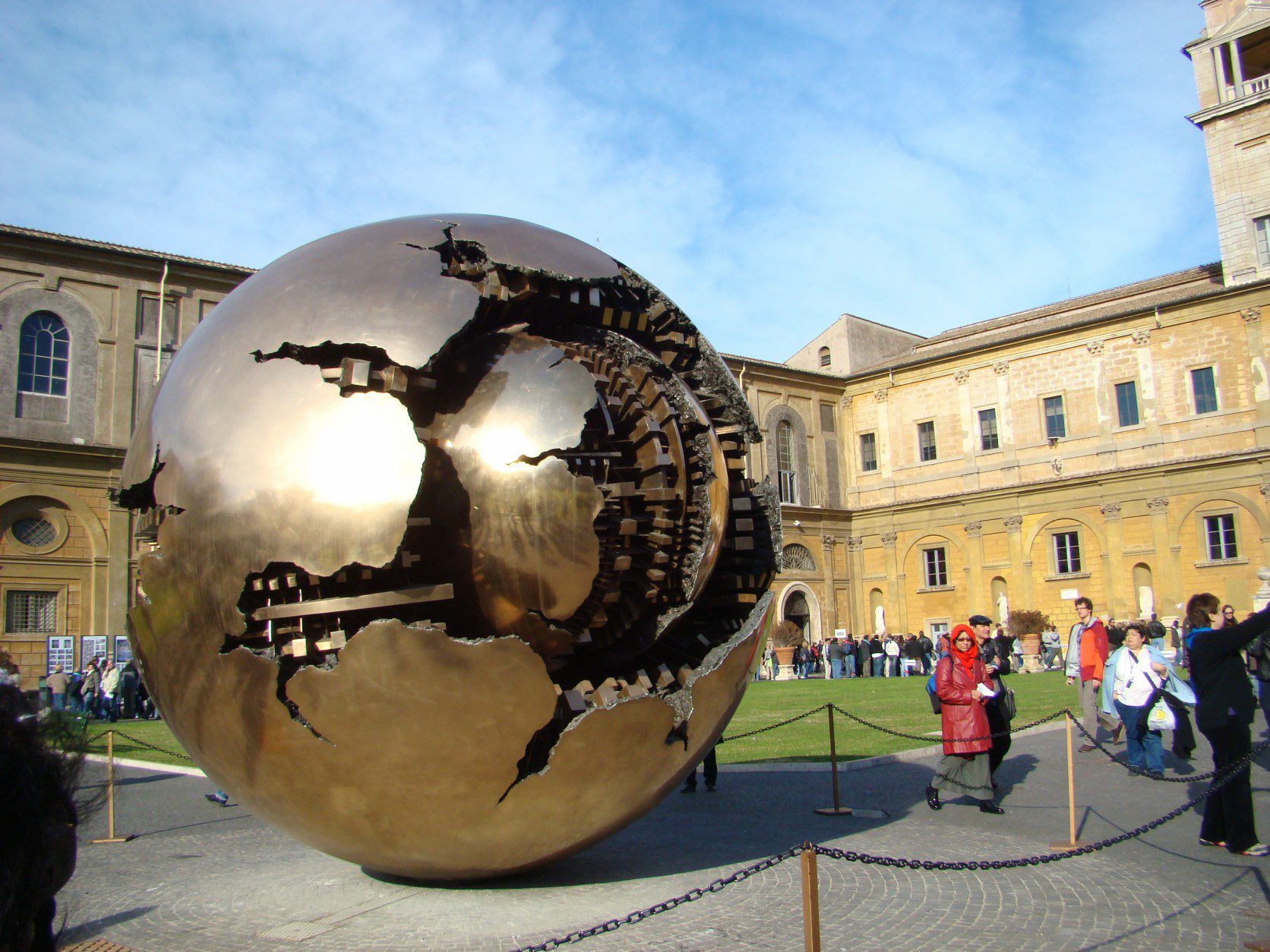


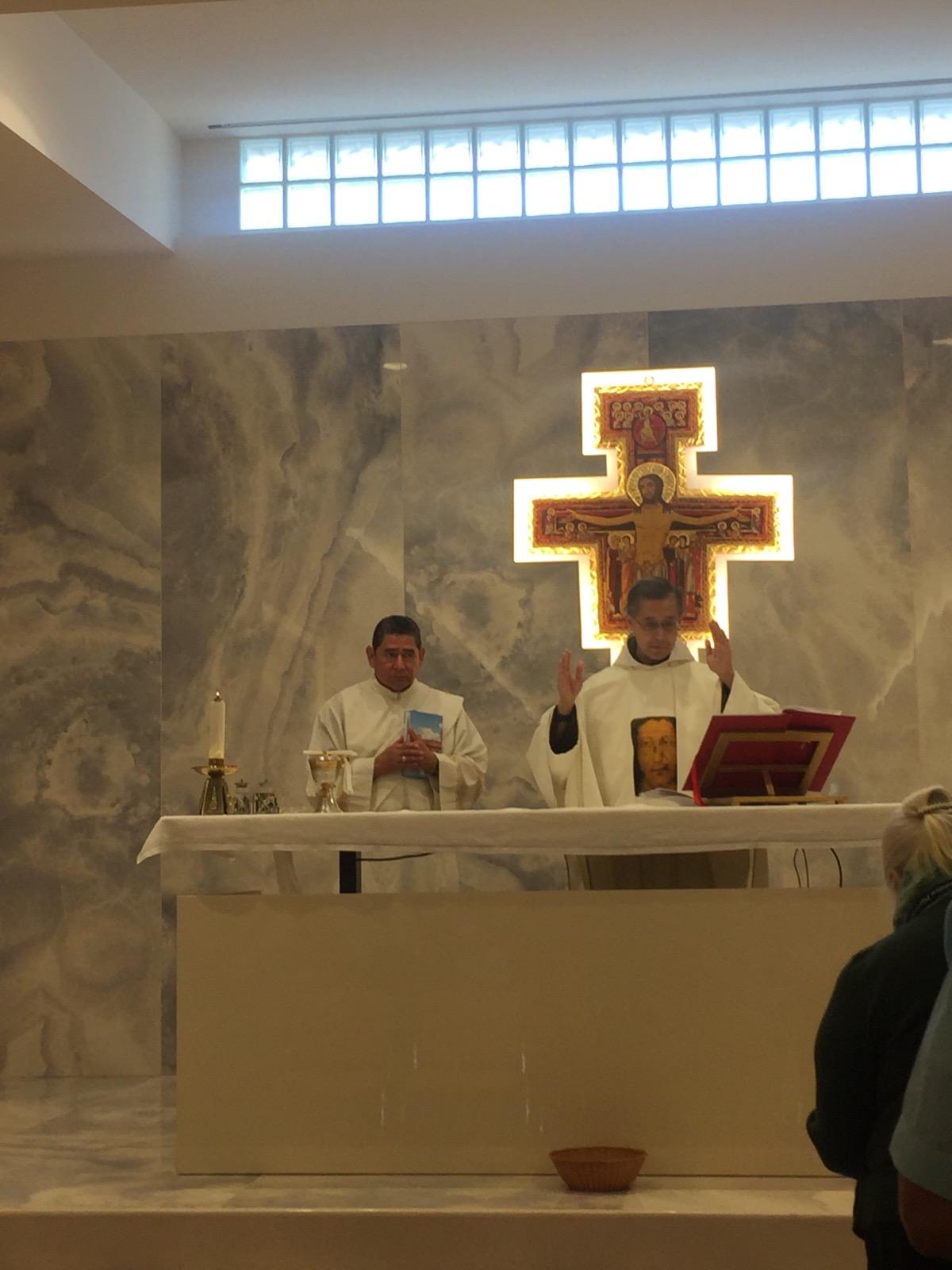

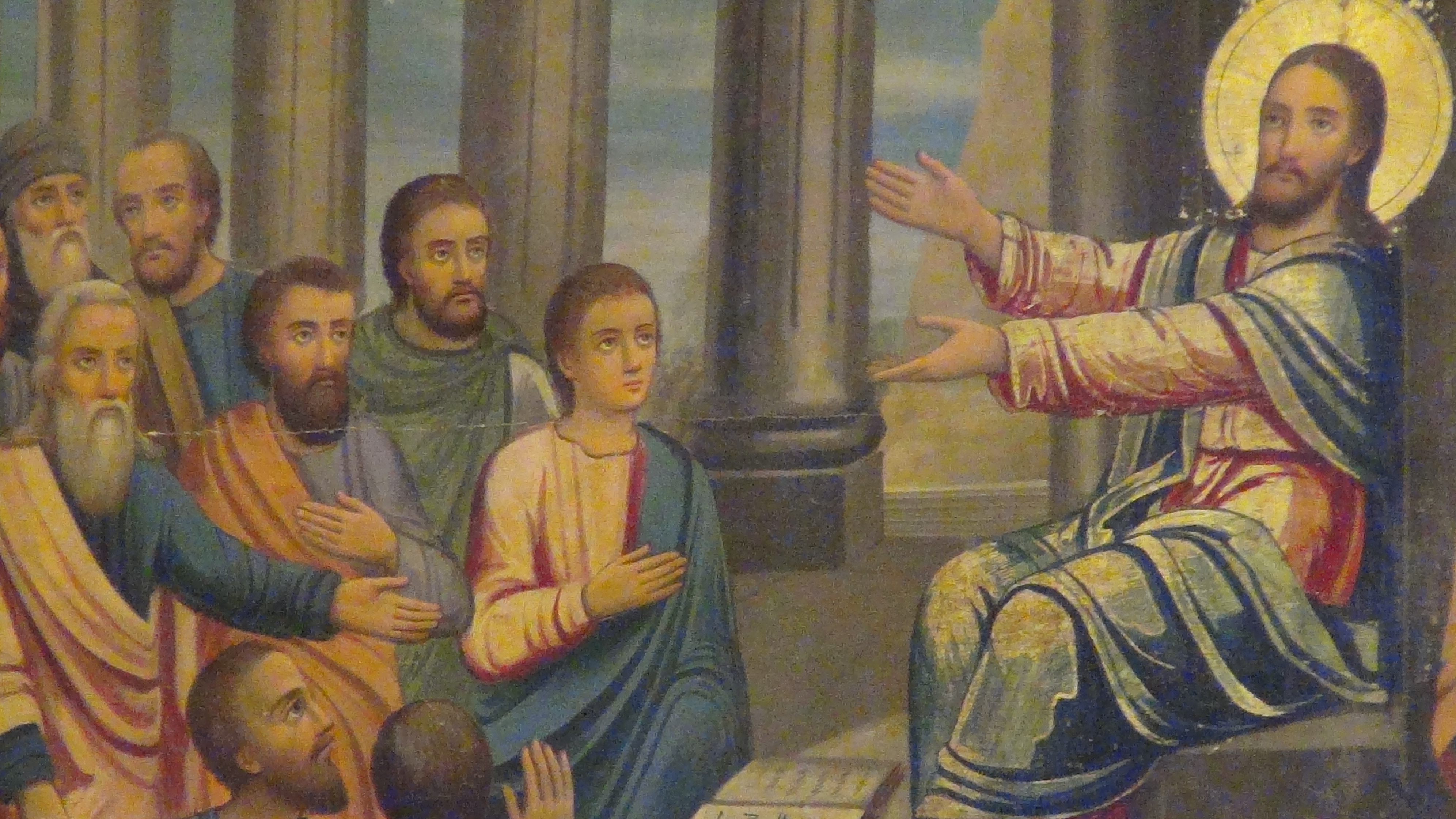

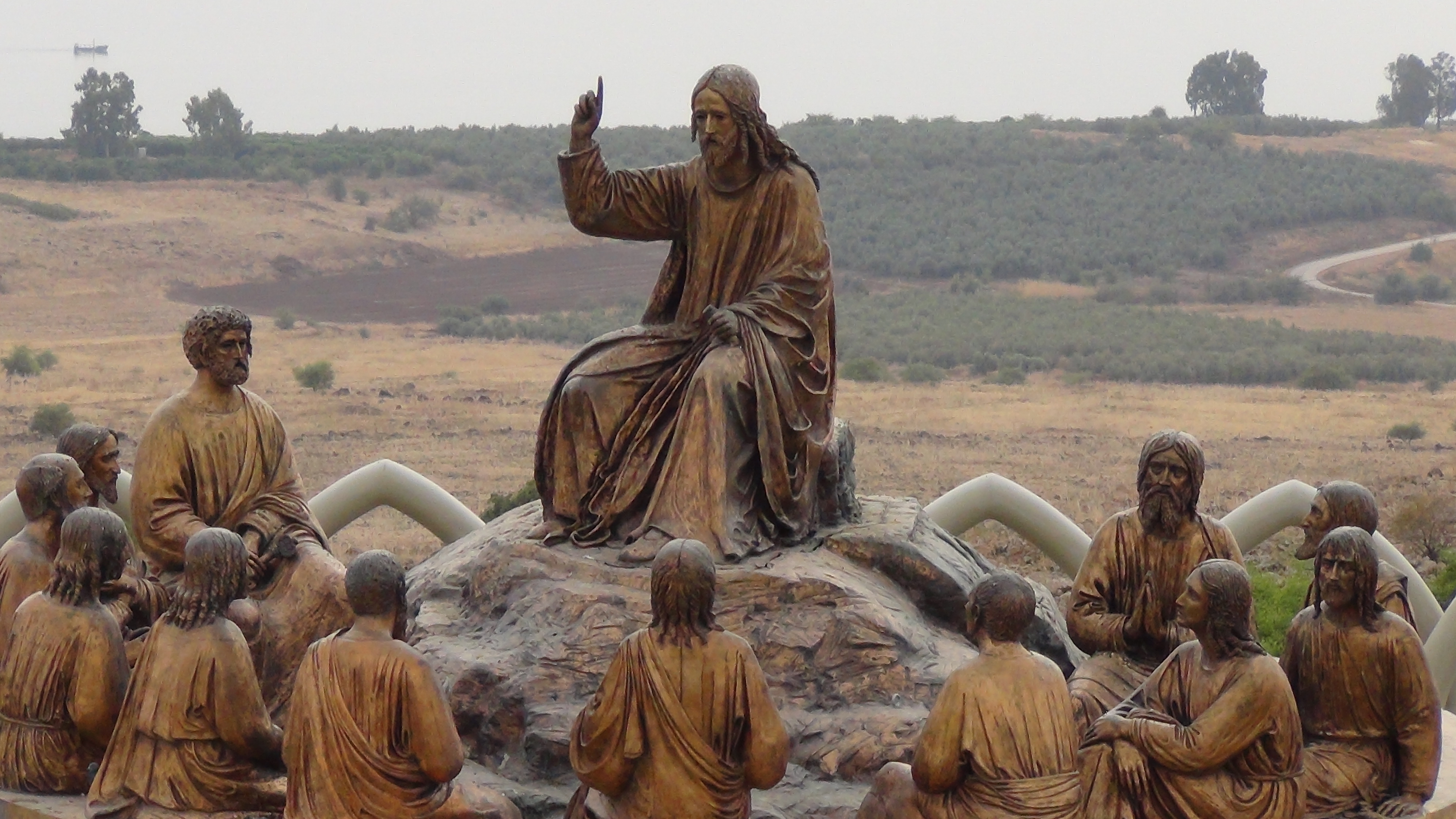




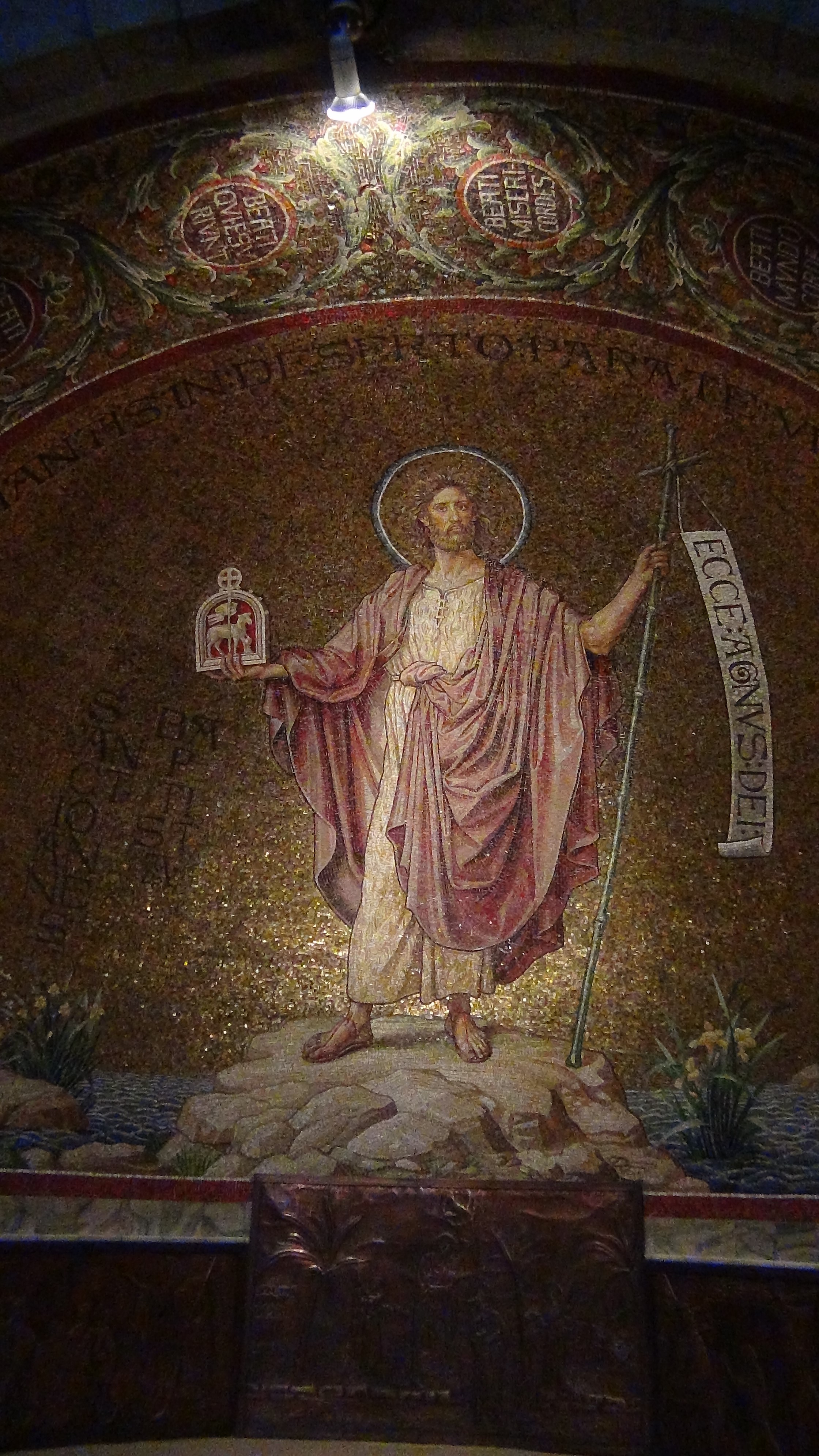
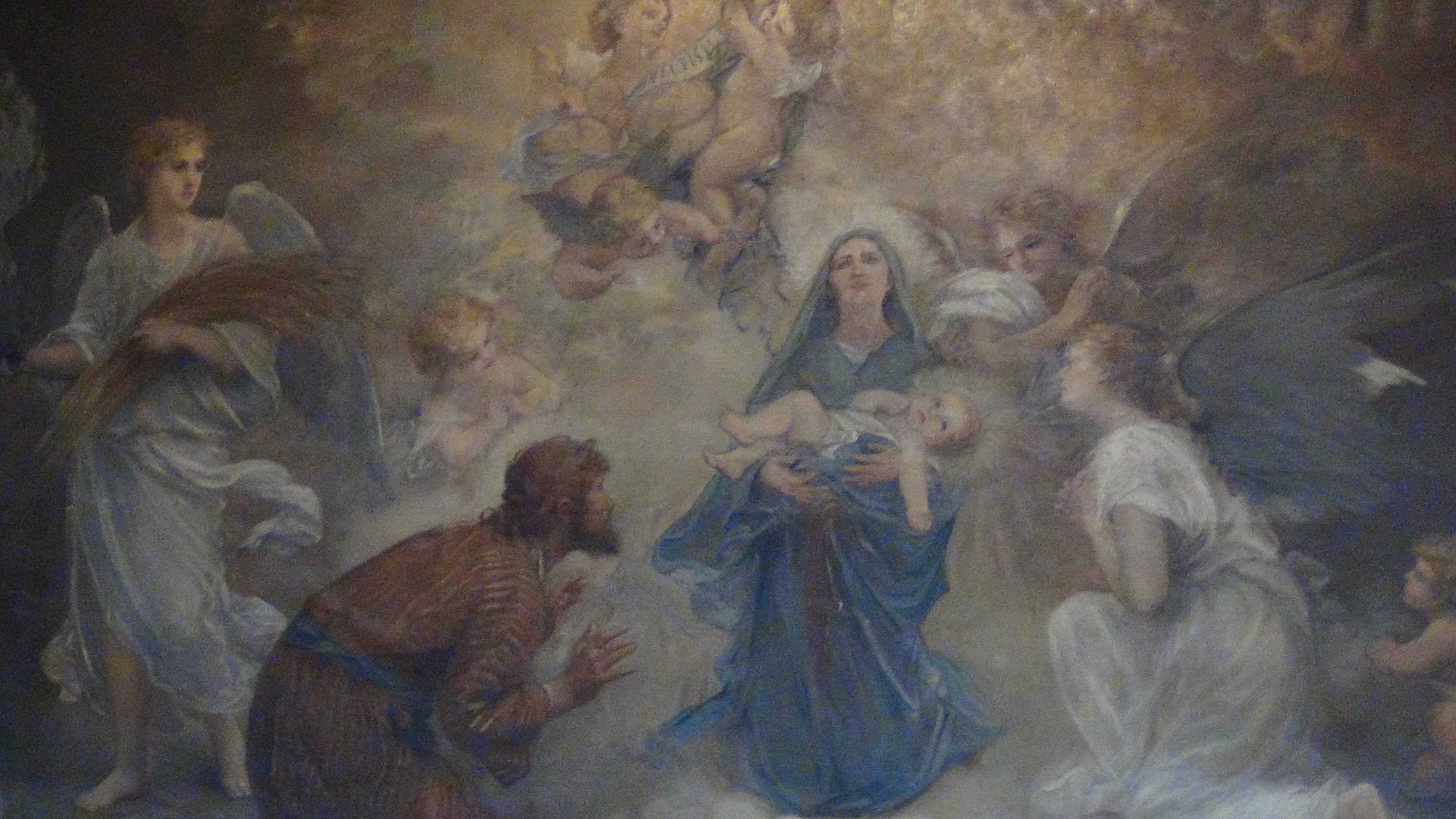

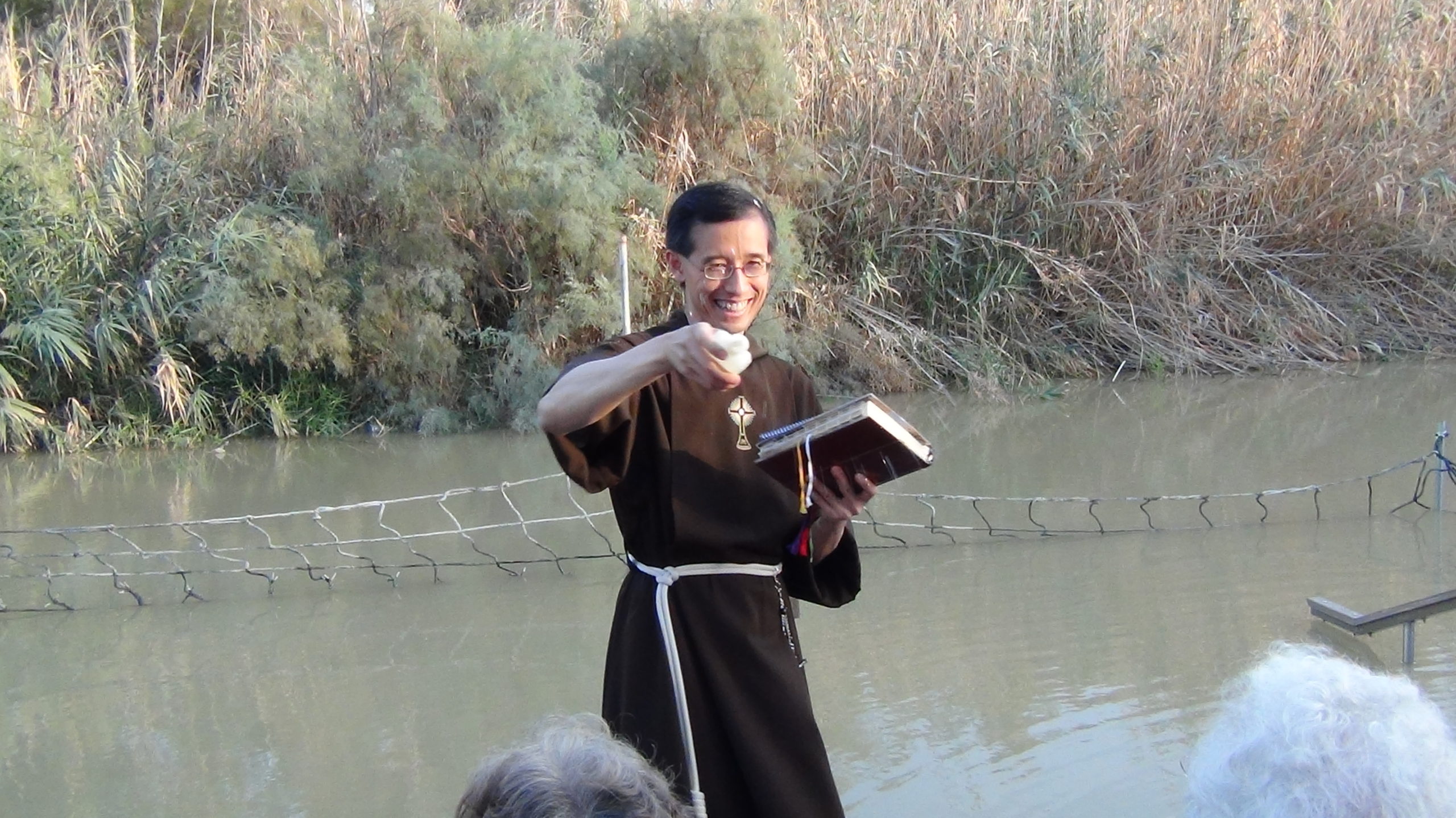
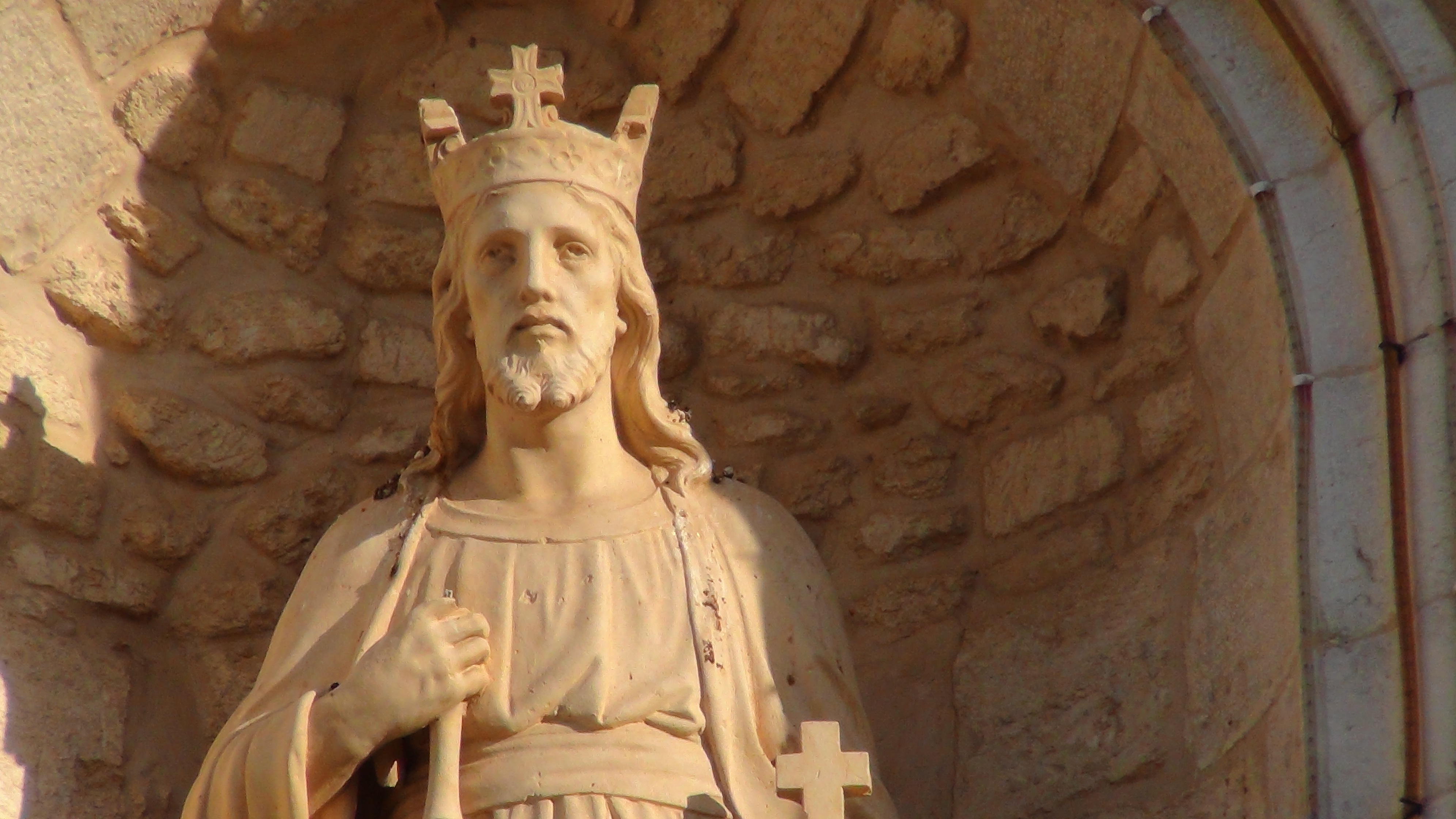

Recent Comments